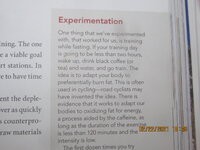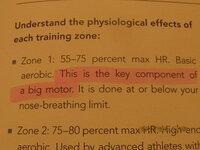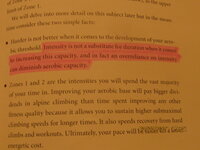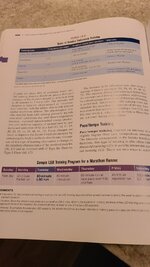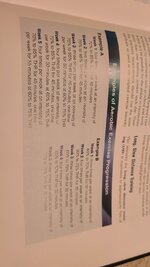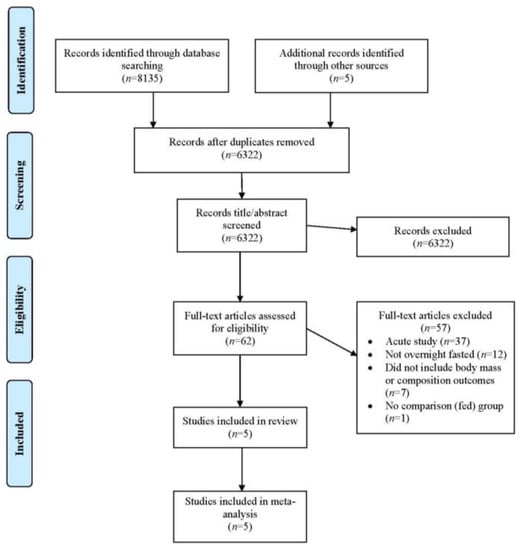Appreciate the conversation.Lot to digest in that one, I'll do my best to touch on everything:
Regarding fasted cardio, I'll refer you to the massive body of research showing that it is identical to fed cardio for weight loss. Not worth anyone's time to dispute that fact unless you have peer reviewed data claiming otherwise. I'm simply the messenger on that one...
Now, to your VO2 max comments, which are very good btw.
VO2 max is not only the correct variable, but arguably the ONLY variable that matters when attempting to quantify "aerobic capacity" AND "aerobic endurance", regardless of where on the incremental scale of exercise the task at hand is (walking vs running vs hiking with weight etc). It's of critical importance because it gives us an objective reading on how much Oxygen the human body is capable of moving per minute...which is quite literally the definition of aerobic capacity...
If you take an athlete who has a VO2 max in the 70s (very high), they will also perform more efficiently (lower RPE, lower HR, etc) during lower intensity aerobic exercise compared to subjects with lower VO2 maxes. Again, this has been studied.
Without going down the rabbit hole of advanced statistics, a quick analysis of covariance eliminates any significant effects of varied body mass in terms of calculating trends in VO2 max during statistical analysis of any solid peer reviewed research.
So how do we get a higher VO2 max...well, MOST of the literature points to focusing your training volume near or at your HR Max for 3-5min intervals at a 1:1 work/rest ratio...which is why I made the recommendation of HIIT style training.
THAT SAID...
You touched on the hereditary nature of VO2 max, which is likely beyond the scope of this thread but an interesting topic nonetheless...
SO, I'll link one of the craziest case studies I've ever read, and it actually DISPUTES my claim that higher intensity exercise is better for maximizing VO2 max improvements. I have a degree in Exercise Science, so I spend my downtime picking through this stuff lol. It's fundamentally important to examine the entire body of data, and what this researcher found in his work with sprint cyclists is at least worth mentioning:
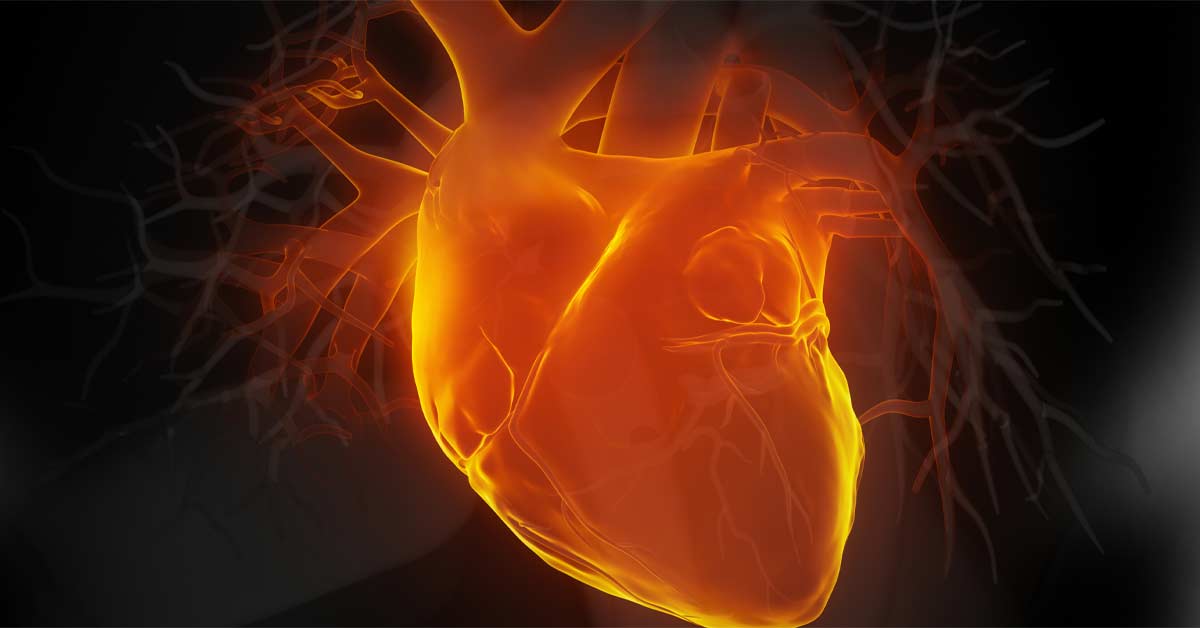
How ‘Trainable’ Is VO2 Max Really? – A Case Study - SimpliFaster
For years we’ve been told that VO2 max is largely fixed, largely genetic, and largely untrainable. To the contrary, exercise physiologist and endurance sports coach Alan Couzens makes a case for the trainability of VO2 max, based on real-world experience.simplifaster.com
He has personally seen the most dramatic jumps in VO2 max in athletes that put in most of their work volume in the 65-80% HR zones...(mind you the LISS is performed between 50 and 65% HR Max)
NOTE *The 65-80% zone meshes quite nicely with a mixed terrain weighted ruck*
I'll add a disclaimer that there is absolutely nothing wrong with LISS cardio, and it's obviously wide ranging benefits (mental and physical)...that said, to claim that it is better for weight loss, or building aerobic capacity is just flat out wrong for the vast majority of people.
In my own training program, LISS is a recovery aid and for brain maintenance. That's it.
Long winded but this is my jam, hopefully it helps a fella or two make sense of the plethora of training info floating around the internet these days!
Is your takeaway that most people looking to increase their endurance should perform most of their training at 65% to 85% of max HR? I would say that, if that is the message, that's the complete opposite of many (most?) endurance-based athletes, which focus first on a LISS aerobic base and then layer performance-geared, specific V02Max workouts on top of that. (Recognizing that we've drifted well away from the initial question, which was weight loss, to which I think we'd agree the answer is: do what you can do consistently, without injury, focusing on strength and endurance. Chris seems to have hit this concisely.)
As to the linked study, wouldn't you expect to see the largest jump in V02 max in athletes that do the work that is geared to improve that particular variable? It seems that result is almost obvious.
In any case, appreciate the replies and teh conversation.

